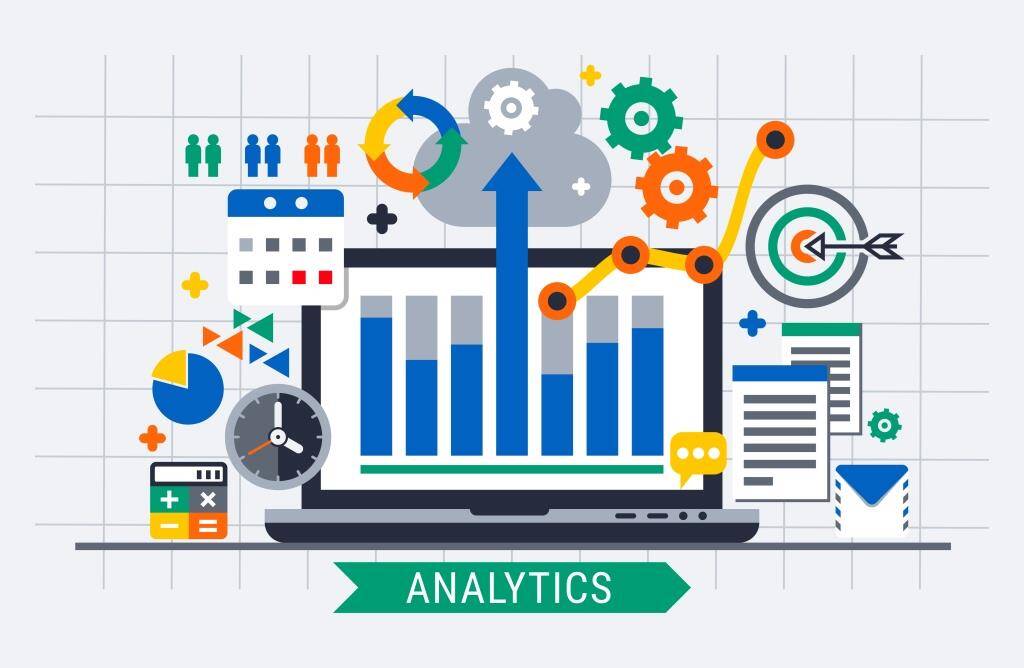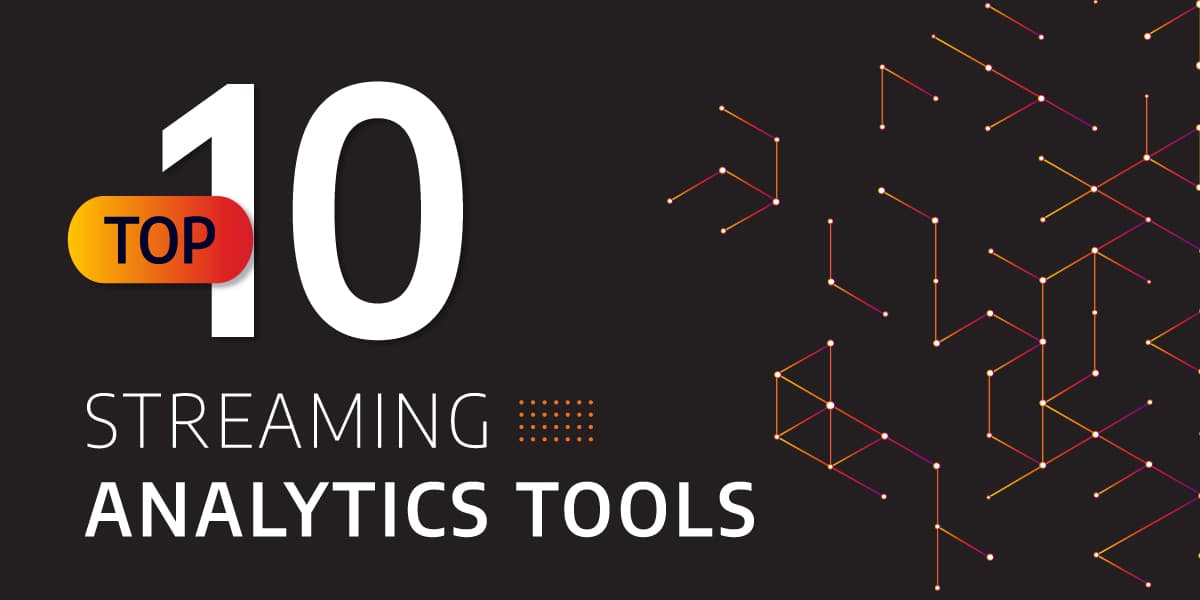Boost Consumer Recognizing with Targeted Analytics Models
Boost Consumer Recognizing with Targeted Analytics Models
Blog Article
Make The Most Of Development: Exactly How Analytics Drive Better Strategies
By taking advantage of data understandings, companies can fine-tune their functional techniques, anticipate market changes, and improve client involvement. The difficulty exists not just in accumulating information yet in properly interpreting it to drive tangible results.
Comprehending Information Analytics
Data analytics is a methodical computational evaluation of information that allows companies to discover purposeful patterns and understandings. This procedure incorporates a selection of methods, consisting of analytical analysis, predictive modeling, and data mining, which collectively aim to transform raw information right into actionable details - Analytics. By using these techniques, organizations can make informed decisions that are rooted in empirical evidence instead of intuition alone
The structure of information analytics hinges on its ability to handle vast quantities of details from varied resources. This consists of structured data, such as data sources, and disorganized data, including social media communications and client comments. With making use of specialized software and devices, analysts can extract and process this information effectively, identifying fads and correlations that might not be quickly noticeable.
Comprehending data analytics also involves identifying the value of data high quality and stability. Precise and reliable data is important for meaningful evaluation; thus, companies should execute durable data administration methods. The iterative nature of analytics enables for continual refinement and renovation of techniques, making certain that organizations remain dexterous in the face of altering market characteristics and customer behavior.
Secret Advantages of Analytics

Among the vital advantages of analytics is its capacity to provide actionable insights. Organizations can quickly evaluate large amounts of data, discovering patterns that may not be promptly noticeable. This aids in preparing for market changes and adjusting approaches as necessary. In addition, analytics promotes a society of evidence-based decision-making, minimizing reliance on intuition and guesswork.
An additional substantial benefit is enhanced consumer understanding. Analytics devices allow companies to segment their target market, track consumer behavior, and individualize advertising and marketing efforts. This targeted approach not just enhances customer involvement however also drives greater conversion rates.

Implementing Analytics Approaches
To completely understand the advantages of analytics, companies must embrace organized strategies for application. This starts with clearly defining goals that straighten with broader service objectives. By establishing particular, quantifiable end results, organizations can focus their analytics efforts on locations that produce the highest roi.
Following, companies need to prioritize data governance to make sure the honesty and security of the data being evaluated. This includes establishing up methods for information collection, storage space, and access while adhering to relevant policies. Making sure top quality data is critical for creating purposeful understandings.
Furthermore, fostering a culture of data-driven decision-making is important. This requires training employees to interpret analytics findings and encouraging collaboration throughout divisions. When groups recognize the worth of analytics, they are most likely to integrate insights into their daily procedures.
Lastly, companies need to consistently assess and fine-tune their analytics methods. The landscape of data and technology is consistently advancing, and staying adaptable will certainly enable organizations to utilize brand-new tools and methods successfully. By executing these structured techniques, organizations can optimize the impact of their analytics efforts and drive sustainable development.
Tools for Efficient Analysis
Reliable analysis depends on a range of tools that promote the extraction of insights from information - Analytics. These tools can vary from simple spread sheet applications to sophisticated equipment discovering systems, each serving an unique function in the analytical process
Data visualization software program, such as Tableau and Power BI, plays a vital role in transforming intricate datasets into reasonable visual depictions. These tools allow experts to recognize patterns and patterns promptly, permitting more educated decision-making.
Analytical evaluation software, like R and SAS, provides sophisticated capacities for performing in-depth analyses, including regression, hypothesis screening, and anticipating modeling - Analytics. These attributes encourage organizations to pop over to this web-site draw significant verdicts from their information, identifying potential opportunities and risks
Furthermore, data source monitoring systems such as SQL and NoSQL data sources provide the necessary infrastructure for storing and querying large volumes of data efficiently. They ensure that data is arranged and accessible for analysis.
Last but not least, service knowledge systems incorporate numerous information resources, giving a thorough sight of business performance. By utilizing these tools effectively, businesses can boost their logical abilities, enabling them to develop strategies that take full advantage of growth and improve total efficiency.
Study of Success
Effective companies commonly take advantage of data analytics to drive impactful approaches, as shown by a number of noteworthy case researches. One famous example is Netflix, which makes use of advanced algorithms to assess visitor choices and browse around here behavior. By using these understandings, Netflix has efficiently tailored its material suggestions, resulting in raised individual engagement and client retention. Their data-driven method has actually definitely added to their standing as a leading streaming service.

In addition, Starbucks uses information analytics to establish optimum shop places and refine its product offerings. By checking out consumer demographics and buying patterns, Starbucks effectively recognizes high-potential markets and customizes Related Site its food selection to regional tastes, driving sales and consumer loyalty.
These study highlight that effective use of data analytics can result in calculated advantages, promoting development and growth within organizations throughout various sectors.
Verdict
In final thought, the combination of analytics right into organizational strategies dramatically improves decision-making processes and cultivates sustainable development. The efficient implementation of analytics devices further sustains dexterity and advancement, enabling companies to navigate competitive landscapes with better accuracy.
Data analytics is an organized computational analysis of information that makes it possible for organizations to reveal meaningful patterns and understandings.Comprehending data analytics additionally involves recognizing the relevance of data high quality and honesty. Reputable and precise data is important for purposeful analysis; therefore, companies must carry out robust data administration practices.Next, organizations need to prioritize information administration to guarantee the integrity and safety of the data being assessed.Successful organizations frequently utilize information analytics to drive impactful techniques, as confirmed by a number of remarkable instance studies.
Report this page